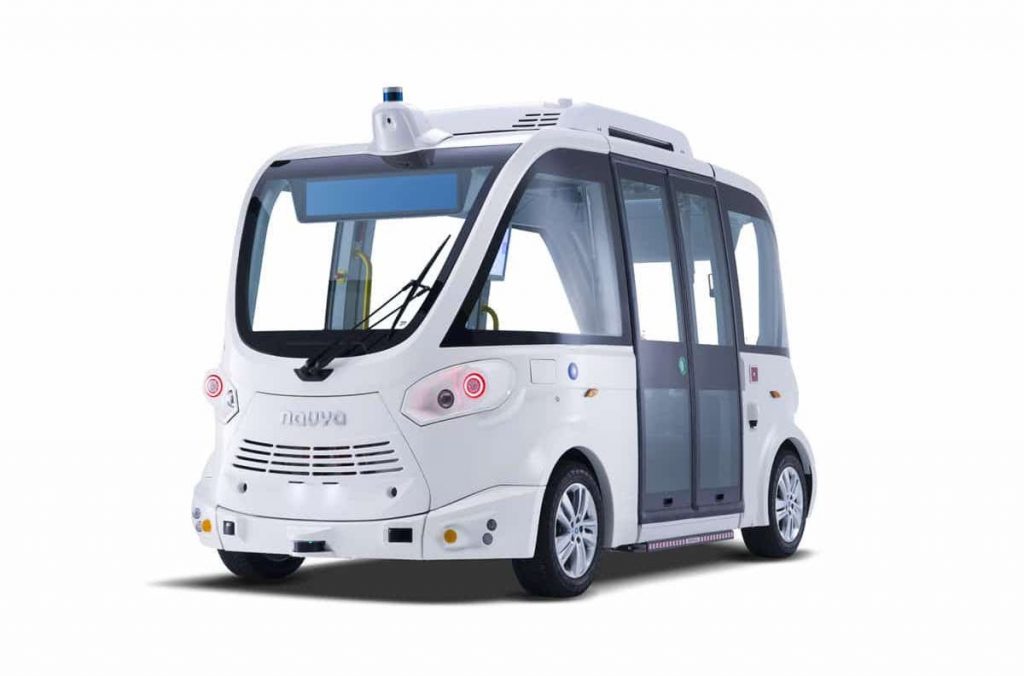November 4 NEC Energy News
¶ “This Little Autonomous Vehicle Getting Use At New York’s JFK International Airport” • Navya, a little autonomous shuttle company, is not usable in nearly as many environments as the tech from other companies, but it is effective on various simple routes. The company’s latest contract is with New York City’s JFK International Airport. [CleanTechnica]

¶ “Sizewell C Nuclear Power Plant ‘Under Review’ As UK Seeks Spending Cuts” • Plans to build a new nuclear power plant in Suffolk are under review and could be delayed or scrapped as the government seeks to make sweeping spending cuts. The reactor is estimated to cost £30 billion and is expected to provide up to 7% of the UK’s total electricity needs. [The Guardian]
¶ “COP27: Why The Latest UN Climate Conference Matters” • COP27 is reckoned to be the world’s best hope of progress on the climate issue. The global effort to cut emissions is “woefully inadequate” and means the world is on track for “catastrophe”, the UN warned last week. But the meeting in Egypt is shaping up to be prickly and confrontational. [BBC]
¶ “Why High Temperatures Can Make Planes Too Heavy To Take Off” • Our planet’s rising temperatures are making it harder for planes to take off at certain airports, presenting yet another challenge to civil aviation. As heatwaves become more frequent, the problem could extend to more flights, forcing airlines to leave passengers on the ground. [CNN]

¶ “Irish Wind Output For October Nudges 50%” • Wind Energy Ireland has released its October Wind Energy report, which shows that wind energy provided 47% per cent of Ireland’s electricity in October 2022. The latest figures mean that wind energy has supplied 33% of Ireland’s electricity demand this year to the end of October. [reNews]
¶ “California To Spend Another $1.8 Billion On Electric School Buses” • California has spent $1.2 billion on electrifying school buses over the past 20 years. Another $1.8 billion is set to be spent in the next five years on zero-emissions school buses and associated charging infrastructure. A report includes guidance on how it should be spent. [CleanTechnica]
For more news, please visit geoharvey – Daily News about Energy and Climate Change.
